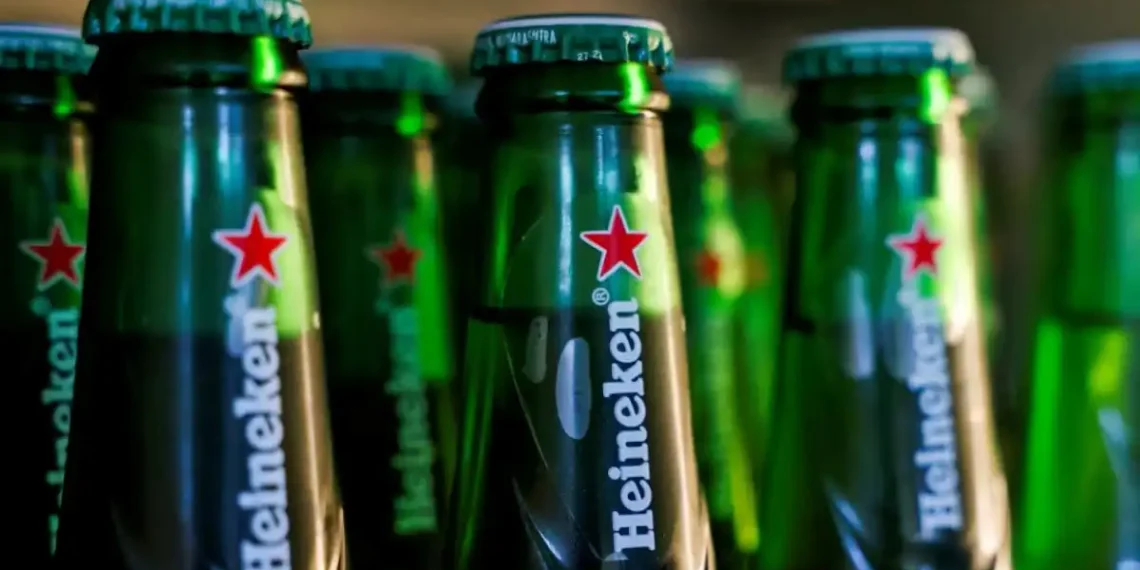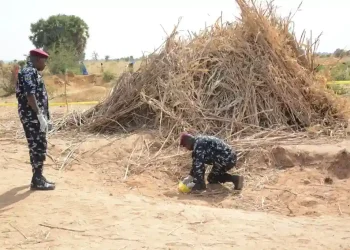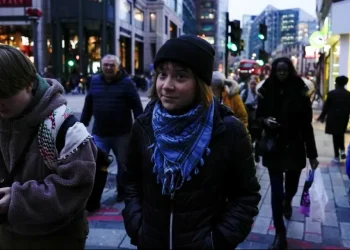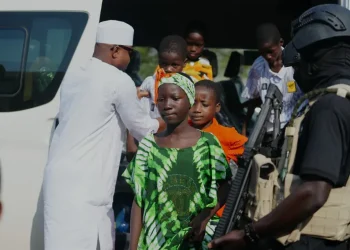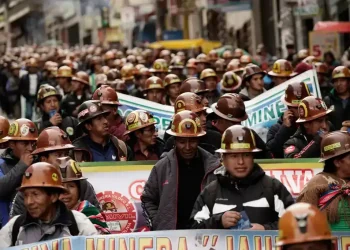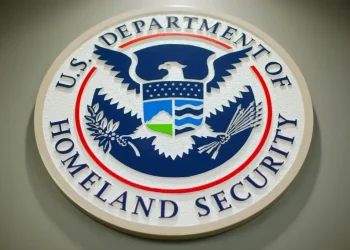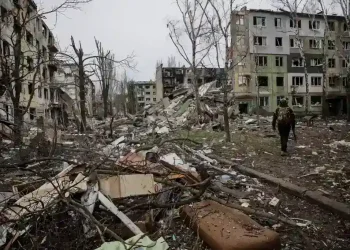Heineken Shuts Down Breweries in Eastern Congo as Rebels Seize Control
Armed conflict in eastern Democratic Republic of Congo has forced Heineken to halt operations and withdraw staff from key facilities, the company confirmed Friday.
The Dutch brewing giant says it has lost control of its sites in Goma and Bukavu, two major cities in the region now partially under the influence of the M23 rebel group. “As of June 12, 2025, we have lost operational control,” Heineken said in a public statement. “The conditions required to operate responsibly and safely are no longer present.”
A Brewing Crisis Turns Dire
The affected breweries are run by Bralima, Heineken’s Congolese subsidiary, which operates four plants across the country. Known for producing local favorites like Primus as well as Heineken beer, Bralima plays a significant economic role in the region. The Bukavu site alone supported around 1,000 jobs, both directly and indirectly.
Heineken had already suspended operations in March in Goma, Bukavu, and Uvira after its depots were looted during violent clashes between government troops and M23 fighters. Initially, the shutdown was seen as temporary. But with conditions worsening, the company has now fully pulled out of its eastern sites.
“Our top priority is the safety and wellbeing of our employees,” the statement added. Heineken says it’s still providing financial support to its displaced staff — though it hasn’t said how long that will last.
Who Are the M23 Rebels?
The March 23 Movement (M23) is a well-armed rebel group based in eastern Congo, primarily made up of ethnic Tutsi fighters. It first emerged in 2012, accusing the Congolese government of violating a previous peace deal.
After briefly capturing Goma in 2012, the group was pushed out and went quiet. But since re-emerging in 2021, M23 has swiftly gained ground in North Kivu Province, creating a major headache for both Congolese authorities and foreign businesses alike.
Key Points:
- Backed by Rwanda? Congo accuses Rwanda of supporting M23 — a charge Rwanda denies, despite multiple UN reports suggesting otherwise.
- Ethnic tensions: The group’s Tutsi identity has deepened long-standing ethnic divisions in the region.
- Control of resources: M23 holds areas rich in gold, cobalt, and coltan, all crucial to global tech and energy industries — making peace more complex.
A Strategic Market Under Threat
With more than 100 million people, Congo is one of Heineken’s largest and most promising markets in Africa. Before the conflict, its breweries in Goma, Bukavu, and Uvira accounted for roughly one-third of Heineken’s business in the country. Regionally, Congo contributes to the company’s Middle East and Africa division, which makes up nearly 14% of Heineken’s global revenue.
Now, with operations in the east shuttered, Heineken is facing a serious financial and logistical setback — although it says its breweries in other, more stable regions of Congo remain active.
For residents of eastern Congo, the closure is more than just a corporate retreat — it’s a loss of jobs and stability in an already fragile environment.
Timeline: Heineken and the Eastern Congo Conflict
March 2025 – Heineken suspends operations in Goma, Bukavu, and Uvira after rebel violence disrupts business.
April–May 2025 – M23 captures several strategic towns; violence and displacement increase.
June 12, 2025 – Heineken announces it has lost control of key eastern facilities.
June 19, 2025 – A draft peace agreement is initialed by Congo, Rwanda, and U.S. negotiators.
June 21, 2025 – Heineken confirms its complete withdrawal from the affected areas.
Peace Talks Bring Hope — But Doubts Remain
This week, the Democratic Republic of Congo, Rwanda, and the United States announced that their technical teams had agreed on a draft peace plan to de-escalate the conflict. A formal signing is expected in the coming days.
But experts remain cautious. Eastern Congo has seen peace agreements come and go, often undone by deep-rooted mistrust and fierce competition over the region’s vast mineral wealth.
As for Heineken and other multinationals operating in conflict zones, the future remains uncertain. What’s clear is that the stakes are high — for local communities, global supply chains, and the fragile path to peace in one of Africa’s most volatile regions.
This article was rewritten by JournosNews.com based on verified reporting from trusted sources. The content has been independently reviewed, fact-checked, and edited for accuracy, neutrality, tone, and global readability in accordance with Google News and AdSense standards.
All opinions, quotes, or statements from contributors, experts, or sourced organizations do not necessarily reflect the views of JournosNews.com. JournosNews.com maintains full editorial independence from any external funders, sponsors, or organizations.
Stay informed with JournosNews.com — your trusted source for verified global reporting and in-depth analysis. Follow us on Google News, BlueSky, and X for real-time updates.
